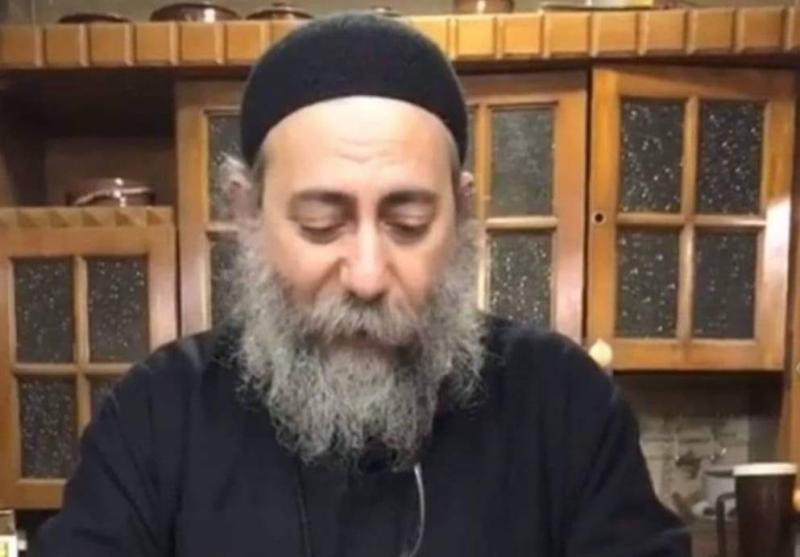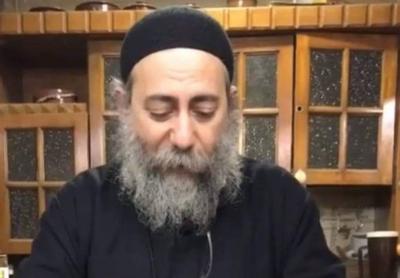Recent comments, actions, and videos shared by Egyptian priest Domadius Habib Ibrahim have caused confusion among Copts in Egypt, particularly a video that circulated recently from the shrine of Al-Sayed Al-Badawi in Tanta, igniting a wave of criticism against him, according to local media reports.
These actions have led the Coptic Church to suspend him from priestly service. In an official statement issued yesterday evening, the Church clarified that all of Domadius' controversial actions represent only himself, and that the Church bears no responsibility for them. It also stated that the priest has caused many crises and problems over the years in every church where he has served, moving between several churches due to his issues, as his actions continued to stir controversy both in public and on social media.
Despite the Church's efforts over the years to resolve his problems, correct his mistakes, advise him, and give him multiple chances, it has proven futile.
As for an investigation and suspension, the Church confirmed that after investigating him in August of last year, a decision was made to suspend him from priestly duties; however, he did not comply and recently escalated his controversial behavior. Consequently, a committee of priests was formed to investigate him, and he was summoned on Wednesday, June 19, 2024, to appear before them, where he was listened to and discussed regarding his actions.
The committee decided to continue his suspension from service, completely prohibiting him from engaging with the media or social networks in any form, as well as sending him to spend a period in spiritual retreat at one of the Coptic monasteries.
The priest sparked controversy among Egyptians recently after an interview discussing Imam Hussein and appeared in a video presenting an animal sacrifice for Eid al-Adha. While some viewed his actions as an openness to others and participation in shared religious occasions, others considered that his behavior and statements were not suitable for a Coptic priest.




